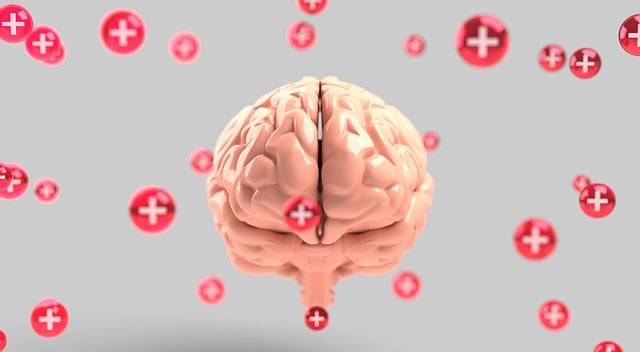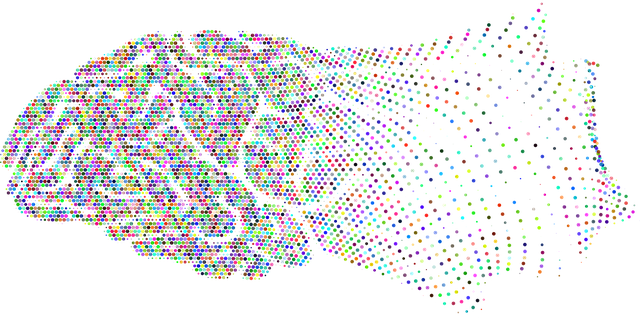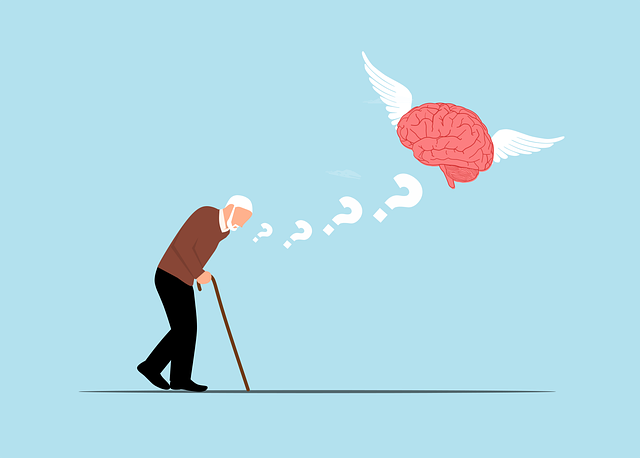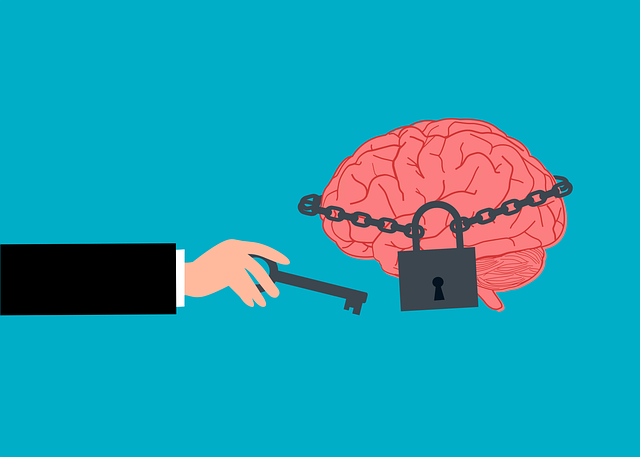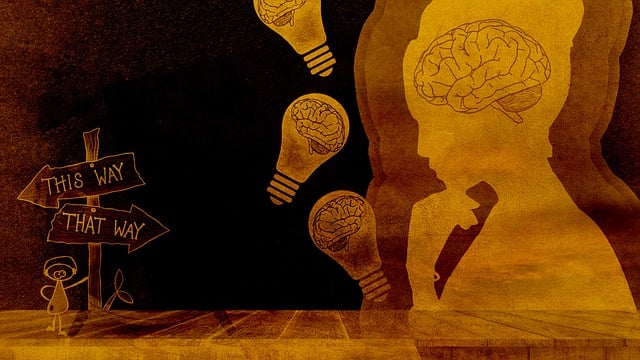Children diagnosed with cancer face significant physical and emotional challenges. The RFM (Resilience, Strength, and Mastery) therapeutic approach empowers them through resilience training, cultural competency, and coping mechanism development. By integrating RFM into cancer care, along with mental health policy advocacy, healthcare professionals can substantially improve the quality of life for pediatric oncology patients, providing them with tools to thrive despite adversity. Creative approaches like art therapy and mindfulness techniques enhance emotional well-being, fostering resilience and empowering children to manage stress and trauma associated with their cancer journey.
Resilience is a powerful tool in the fight against cancer, especially for children navigating this challenging journey. This article explores the concept of RFM (Resilience, Flexibility, and Mastery) and its profound impact on young patients with cancer issues. We delve into the role of resilience-building exercises in pediatric oncology, offering creative approaches to enhance emotional well-being. Additionally, we provide practical strategies for healthcare professionals to incorporate RFM into treatment plans, highlighting success stories that showcase the long-term benefits of this therapeutic approach for children with cancer.
- Understanding RFM and Its Impact on Children with Cancer
- The Role of Resilience-Building Exercises in Pediatric Oncology
- Creative Approaches to Enhance Emotional Well-being
- Practical Strategies for Incorporating RFM into Healthcare Settings
- Success Stories: RFM in Action and Long-term Benefits
Understanding RFM and Its Impact on Children with Cancer

Children diagnosed with cancer face numerous challenges, both physically and emotionally. This is where RFM (Resilience, Strength, and Mastery) comes into play as a therapeutic approach designed to enhance their coping mechanisms and overall well-being. Understanding RFM involves recognizing its potential to empower young patients in navigating the complexities of their medical journey. By focusing on building resilience, children can develop the mental fortitude to confront cancer’s impact on their lives.
Resilience training helps these individuals cultivate a sense of strength and control, which is crucial for managing fear and anxiety associated with cancer therapy. This process often includes social skills training, encouraging interaction with peers to foster a support system. Moreover, cultural competency training within healthcare settings ensures that children from diverse backgrounds receive sensitive care tailored to their unique needs. The integration of RFM into cancer care, along with effective mental health policy analysis and advocacy, can significantly improve the quality of life for children facing cancer issues, offering them tools to thrive despite adversity.
The Role of Resilience-Building Exercises in Pediatric Oncology

In the realm of pediatric oncology, where children face cancer and its associated challenges, resilience-building exercises play a pivotal role in enhancing their ability to navigate and overcome these difficulties. These therapeutic interventions are designed to foster inner strength development in young patients, empowering them to manage the stress and trauma that often accompany cancer issues. By incorporating various activities focused on coping mechanisms, emotional expression, and problem-solving skills, healthcare professionals can significantly improve a child’s overall well-being.
Resilience-building exercises offer a holistic approach to therapy for children with cancer, addressing not just physical symptoms but also the psychological and social aspects of their journey. Such programs help young individuals develop effective stress management strategies, enabling them to maintain a sense of normalcy amidst the turmoil. Through trauma support services incorporated into these exercises, pediatric oncologists can provide a safe space for children to process their emotions and experiences, fostering resilience that will serve them throughout their lives.
Creative Approaches to Enhance Emotional Well-being

Incorporating creative approaches into therapy for children facing cancer issues can significantly enhance their emotional well-being. Art therapy, music, and play are powerful tools that allow young patients to express themselves and process complex emotions in a safe and controlled manner. For instance, art therapy enables children to visualize and externalize their internal struggles, fostering a sense of mastery over their experiences. Music, on the other hand, can induce relaxation and provide an outlet for emotional release, making it an effective stress reduction method.
These creative avenues not only serve as valuable resilience building exercises but also aid in stress management. By engaging in activities that stimulate their imagination and offer a sense of pleasure, children can temporarily escape the challenging reality of their illness. This psychological detachment is crucial in mitigating the impact of stress and anxiety, promoting emotional balance, and fostering a more optimistic outlook. Moreover, the act of creating art or playing music becomes an act of self-care, empowering children to take charge of their well-being.
Practical Strategies for Incorporating RFM into Healthcare Settings

Incorporating Resilience and Frequency Matrix (RFM) into healthcare settings, particularly for pediatric oncology patients dealing with cancer issues, offers a powerful tool to enhance emotional well-being. Healthcare professionals can utilize RFM as a framework to design personalized interventions focusing on empathy building strategies and emotional intelligence. By identifying each child’s unique resilience factors and frequency of negative experiences, therapists can tailor therapy sessions to address specific needs. This approach not only facilitates self-esteem improvement but also equips children with coping mechanisms to navigate challenging situations more effectively.
Practical implementation involves regular assessments using RFM questionnaires, followed by targeted interventions. For instance, a child scoring high in resilience and low in negative experiences might engage in creative arts therapy to further cultivate their strengths. Conversely, those with frequent negative events could benefit from cognitive-behavioral techniques aimed at reframing challenges. Integrating RFM into cancer care fosters a holistic approach, ensuring that each patient receives supportive care tailored to their emotional landscape.
Success Stories: RFM in Action and Long-term Benefits

In the realm of therapy for children facing cancer issues, RFM (Resilience-focused Mindfulness) has emerged as a game-changer. Success stories abound where RFM exercises have not only enhanced emotional regulation but also fostered self-care routine development for better mental health. These programs are meticulously designed to navigate the labyrinthine challenges associated with childhood cancer, offering a symphony of benefits that extend far beyond the treatment phase.
The long-term advantages of RFM in action are profound, as it helps children and their families overcome the stigma reduction efforts surrounding mental illness. By integrating mindfulness practices into daily routines, young patients learn invaluable coping mechanisms, enabling them to face future stressors with resilience. This proactive approach not only empowers individuals but also strengthens their support systems, creating a positive feedback loop that perpetuates overall well-being.
Resilience is a powerful tool in the fight against cancer, especially for children facing this challenging disease. By incorporating RFM (Resilience-Focusing Measures) and resilience-building exercises into pediatric oncology care, healthcare professionals can significantly enhance the emotional well-being of young patients. These creative approaches not only provide short-term relief but also foster long-term benefits, ensuring that children with cancer can navigate their journey with strength and hope. As we continue to explore innovative therapy options for children with cancer issues, RFM stands out as a game-changer in pediatric healthcare, offering a holistic approach to support the entire spectrum of patient needs.
